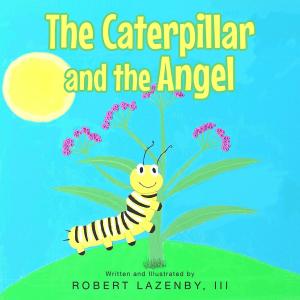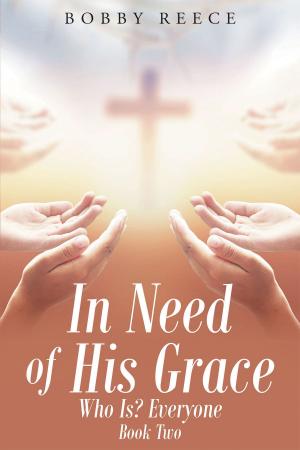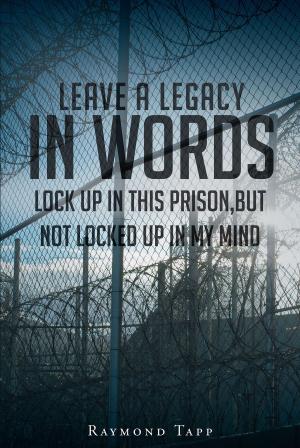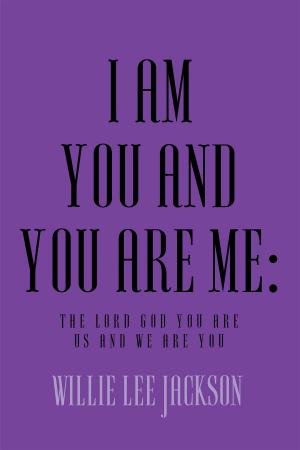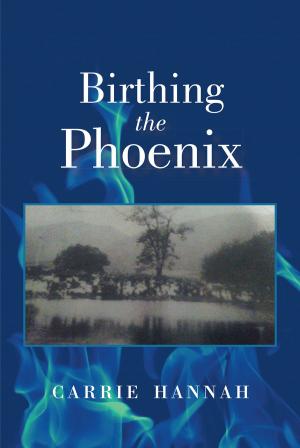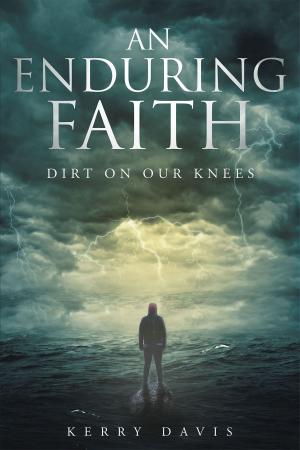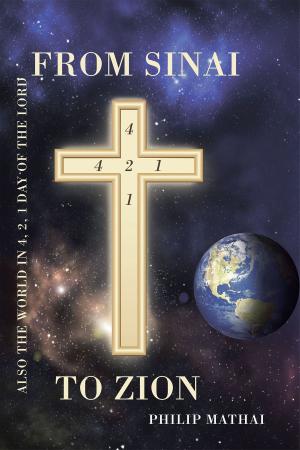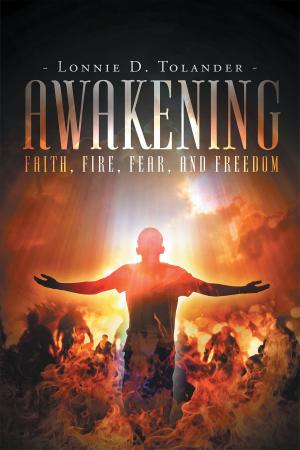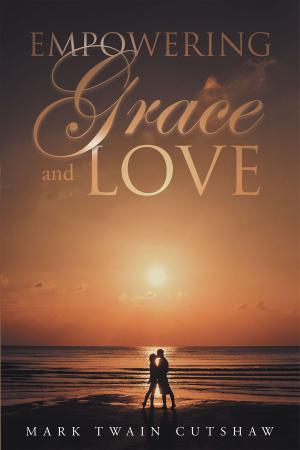| Author: | Michael Tieman | ISBN: | 9781641145657 |
| Publisher: | Christian Faith Publishing | Publication: | December 4, 2017 |
| Imprint: | Language: | English |
| Author: | Michael Tieman |
| ISBN: | 9781641145657 |
| Publisher: | Christian Faith Publishing |
| Publication: | December 4, 2017 |
| Imprint: | |
| Language: | English |
Killing Abel is a work of fiction based on the first passages of the book of Genesis in the Old Testament of the Christian Bible.
From “In the beginning . . .” to the Great Flood, the Bible only says about two words per year of history, for that period on earth. Not very much. From Noah to Jesus, the Bible provides us with one hundred times that amount of history to guide man.
Killing Abel takes the two words per year that God gave us, not changing a single one or changing a single context for those words, and fills in the gaps with the author’s imagination.
Any foundation for a coherent worldview must start at a logical place, and there is only one choice available for where to begin, in the beginning.
If the underlying context is not Genesis 1:1, “In the beginning . . .” then it is a pretext. If you cannot trace your worldview back to a beginning, then what is it based on? If it has no beginning, then it has no foundation. Of all the tasks a man could face in life, the one I would least like to undertake is that of trying to deny a beginning.
Killing Abel is written with the premise that God is open to doing as He pleases. Neither you nor I can bear up against what is true in an attempt to make God out to be something that fits our own misconceptions/conceptions that are not based on God’s actions.
In Killing Abel, God is depicted as a loving Father, which is not always an easy role to play, as many mortal fathers would readily admit. Being a good father is the most important, most difficult, and without exception, the most consequential obligation a man has.
In the truest sense of the word, I believe that Killing Abel is a novel interpretation of the historical events from Adam to Noah.
This is not meant to be theology―it is the fictional account of a loving Father and His children based on what little is revealed in the Bible.
Perhaps God chose not to reveal much about the first 1,700 years of man’s history so that man would think more about those early days. I hope that my imagination will entice you to use yours as you read a novel view of the killing of Abel.
Killing Abel is a work of fiction based on the first passages of the book of Genesis in the Old Testament of the Christian Bible.
From “In the beginning . . .” to the Great Flood, the Bible only says about two words per year of history, for that period on earth. Not very much. From Noah to Jesus, the Bible provides us with one hundred times that amount of history to guide man.
Killing Abel takes the two words per year that God gave us, not changing a single one or changing a single context for those words, and fills in the gaps with the author’s imagination.
Any foundation for a coherent worldview must start at a logical place, and there is only one choice available for where to begin, in the beginning.
If the underlying context is not Genesis 1:1, “In the beginning . . .” then it is a pretext. If you cannot trace your worldview back to a beginning, then what is it based on? If it has no beginning, then it has no foundation. Of all the tasks a man could face in life, the one I would least like to undertake is that of trying to deny a beginning.
Killing Abel is written with the premise that God is open to doing as He pleases. Neither you nor I can bear up against what is true in an attempt to make God out to be something that fits our own misconceptions/conceptions that are not based on God’s actions.
In Killing Abel, God is depicted as a loving Father, which is not always an easy role to play, as many mortal fathers would readily admit. Being a good father is the most important, most difficult, and without exception, the most consequential obligation a man has.
In the truest sense of the word, I believe that Killing Abel is a novel interpretation of the historical events from Adam to Noah.
This is not meant to be theology―it is the fictional account of a loving Father and His children based on what little is revealed in the Bible.
Perhaps God chose not to reveal much about the first 1,700 years of man’s history so that man would think more about those early days. I hope that my imagination will entice you to use yours as you read a novel view of the killing of Abel.


